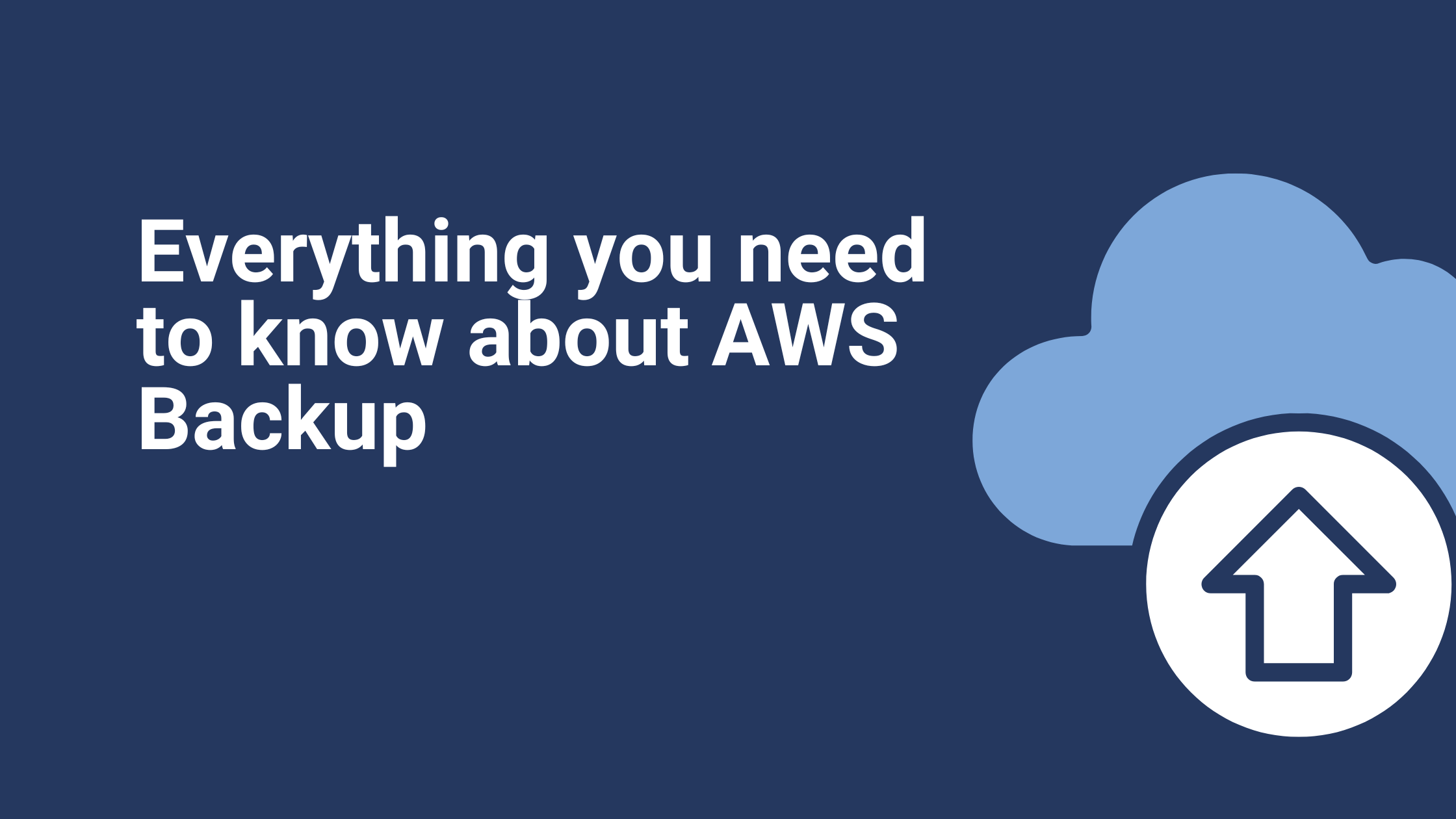What is Azure App Service?
Setting up a web application presents many challenges: Scaling, Load-Balancing, Patch Management, Configuration Management, Security/Compliance, to name a few.
In order for launched applications to run without issue and without downtime, it is important to deploy these applications with minimum in-service capacity. In addition, it is important to keep the OS and platform versions up to date. However, that is a cumbersome task, needing a lot of operation overhead and expertise.
In order to make an application highly available in Microsoft Azure, a number of cloud services must be implemented. An application gateway, for instance, is important for distributing traffic. Virtual Machines that scale based on demand are also important. Resources must be provisioned individually, yet integrating them can take a large amount of time.
Some of the most common problems faced with IAAS are:
- Dependencies: Before any application can be deployed, platforms for every web application need to accord with their own set of requirements related to the underlying framework. .
- Platform Upgrades/Security Patches: For better security and stability of an application DevOps engineers need to keep the VM’s up-to-date on a regular basis. This is often performed manually.
- Scalability:
Poor load distribution can cause slow response times. Without proper scaling capacities in place, underutilized resources can lead to increased costs.
- Traffic Spikes: Excess traffic can cause servers to slow down, hindering the performance of the website. There is no recovery mechanism in situations like these, requiring manual intervention to recover back to the last stable state.
Azure App Service helps solve these issues and reduces operational overhead so that developers can concentrate on web development instead of spending more time on infrastructure setup.
When we choose a service to deploy our application, it’s often a choice between control, flexibility and ease of use. Cloud services offer greater control over the apps but increases developer responsibility.
Azure App Service, on the other hand, is a Platform as a Service (PAAS) that is quick to build, deploy and scale the application. It helps build enterprise ready applications quickly, accelerating time-to-go-live, all while reducing the overall day to day responsibility of managing the platform.
Azure App Service Plan Runs On App Service Plan
App Service Plan represents a collection of physical resources for the App Service. An App Service Plan can be used to run multiple web apps simultaneously.
Isolate Azure App Service Using App Service Environment
The App Service Environments (ASE), on the other hand, are a deployment of the Azure App Service into our own Azure Virtual Network. It runs on a separate SKU, which is called Isolated SKU. ASEs are isolated from running only a single customer’s applications and are always deployed into a virtual network. Cloud managers have fine-grained control over inbound and outbound application network traffic.
Azure App service offers numerous other benefits, including:
- Multi-Platform Framework: It works with .NET, .NET Core, Node.js, Java, Ruby, Python, PHP running on Linux, Windows and Docker Containers. That makes it suitable for different types of Applications.
- Managed Service: Built-in automated infrastructure platform maintenance, security patching, and scaling.
- Security and Compliance: Supports Security and Compliance, including SOC and PCI, for seamless deployments in the cloud.
- Isolated Environment: An App Service feature that provides a fully isolated and dedicated environment for securely running App Service apps at high scale.
- Analytics and Actionable Insights: Integrates with Application Insights, Azure Monitor and App service logs to provide deep insights into CPU, Memory Utilization, Error trends and performance monitoring.
- Backups and Log Streams: Supports Automated Backups into Azure Storage Container and Log Streams of Both Application and HTTP logs into Storage Containers.
- Hybrid Connections: Support to connect with on-premises resources along with other Azure Resources.
- Integrations: Supports CI/CD with Git, GitHub, GitHub Actions, Bitbucket, Docker Hub and Azure Container Registry.
Hence, Azure App service is a simple and quick way of deploying web applications, without actually worrying about the underlying responsibilities of creating and deploying the environment. Developer only needs to deploy the code, and focus only on the development part of the project.
Interested in moving your business to the cloud, and jumpstarting your growth? Contact Ibexlabs today for a free consultation!









